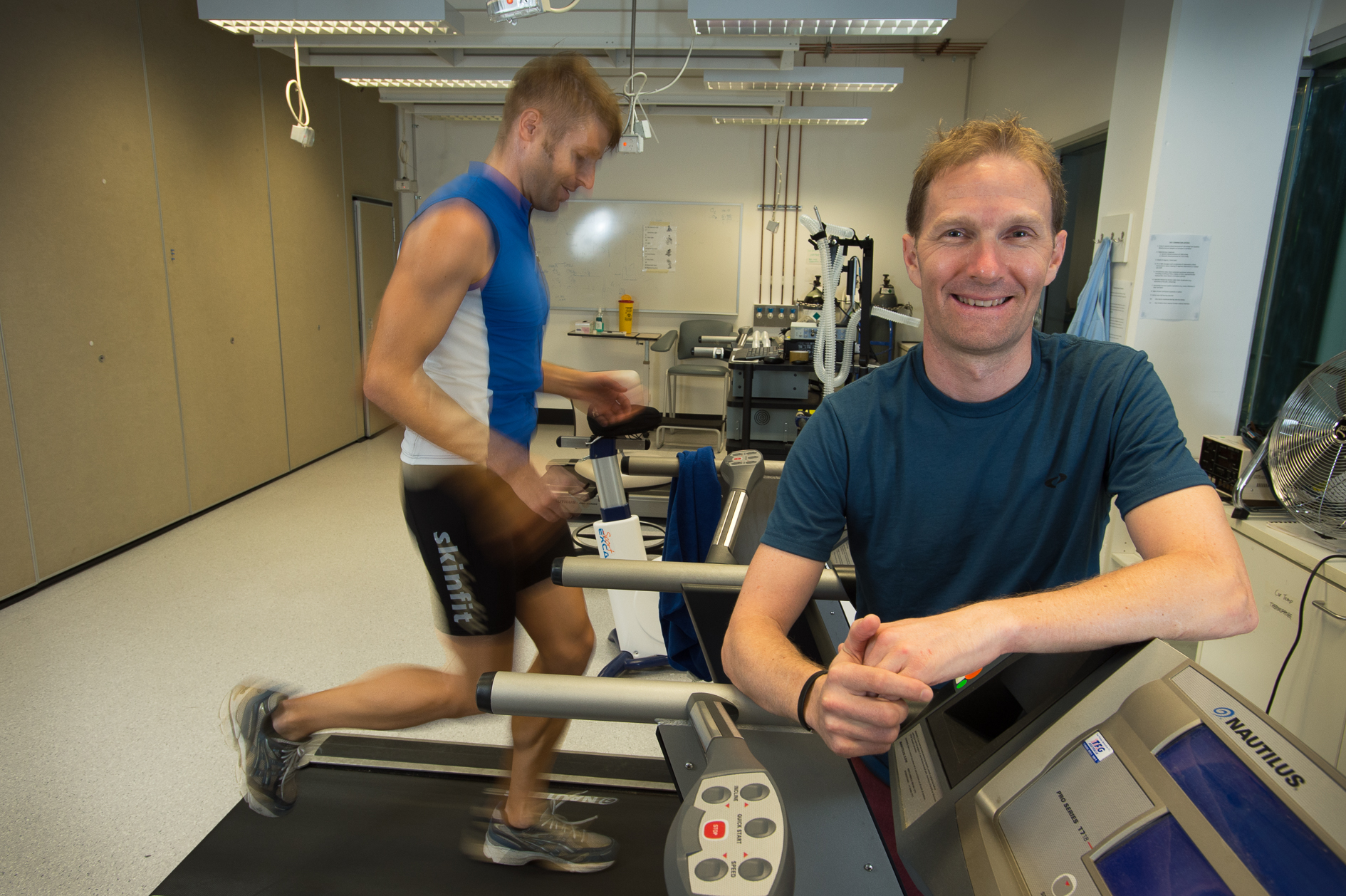
Athletes and trainers who invest in high-end wearable technology to track the body’s performance should be wary about where they spend their money, according to QUT researchers who found 95 per cent of the devices they analysed had not been formally validated by their makers.
The QUT review looked at 87 consumer wearables, apps and equipment – including sensor bands, smart watches and smart garments – that provided ‘biofeedback’ (such as heart rate, hydration levels and muscle strength), monitored stress, and/or tracked sleep.
The study was led by Dr Jonathan Peake and Professor Graham Kerr from QUT’s Institute of Health and Biomedical Innovation.
They have recommended that consumers exercise caution when purchasing wearable technology, due to “the absence of rigorous testing” of many of the devices.

“It’s not to say that these devices can’t still be useful but we do have to be mindful of what supporting evidence there is that they will accurately do what they say they will do,” Professor Kerr said.
The study, published in Frontiers in Physiology, specifically looked at whether or not the performance of each wearable technology device had been formally validated through independent peer-reviewed testing.
The researchers acknowledged that formally validating test results could be an expensive, time-consuming task for manufacturers and start-up technology companies.
But in their paper they also suggest some companies may want to avoid the public scrutiny of independent tests.
The study was supported by funding from the Queensland Academy of Sport.
The Frontiers in Physiology journal article can be accessed here.

QUT Media contacts:
- Mechelle McMahon, media@qut.edu.au
- Rose Trapnell, media@qut.edu.au or 0407 585 901 (incl after hours)


